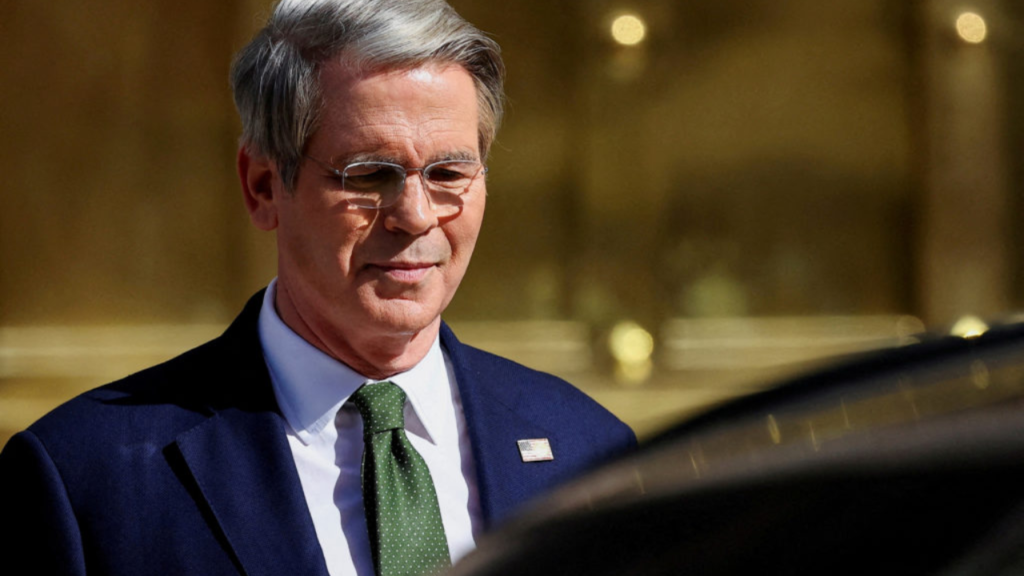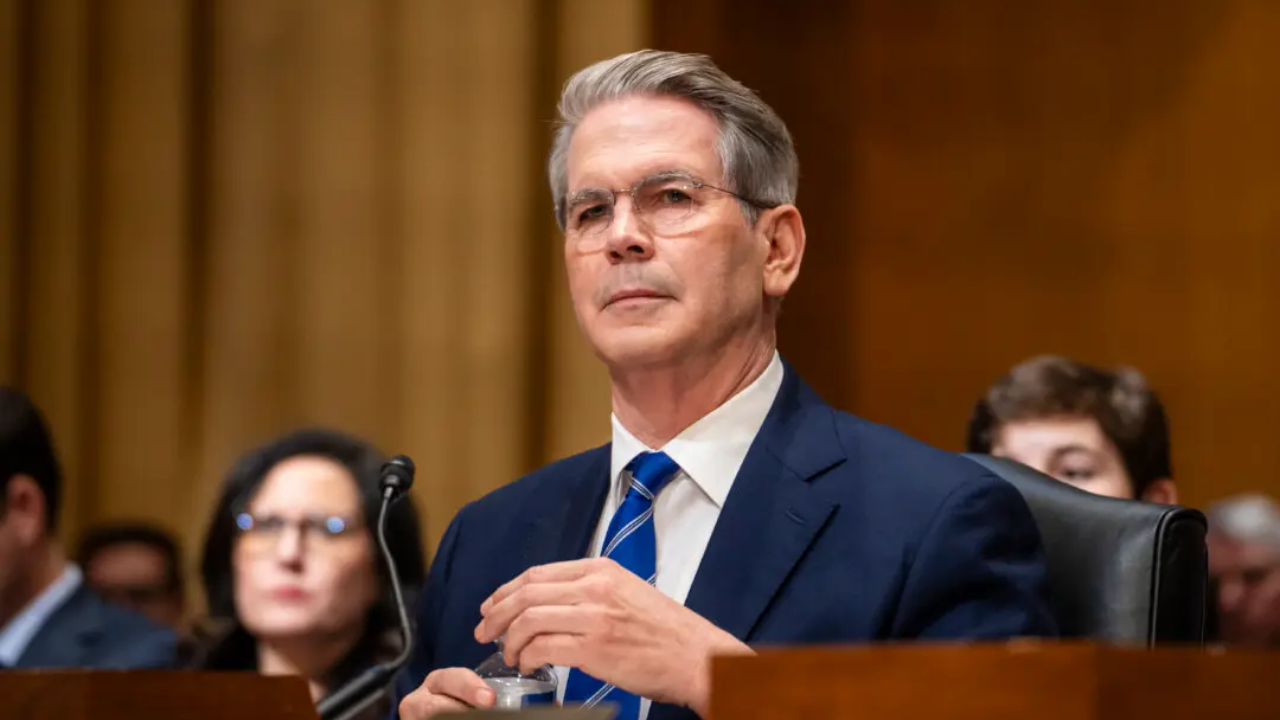The U.S. is planning to revisit its trade relationship with China, and this time, officials say they won’t forget the past.
Treasury Secretary Scott Bessent made it clear on Tuesday that when the Trump administration moves forward with any new trade negotiations, they will take into account China’s failure to fully follow through on the original “phase one” trade deal from Trump’s first term.
Bessent’s comments came during an interview with FOX Business Network’s Larry Kudlow, shortly after President Donald Trump announced a massive hike in tariffs on Chinese goods—going up to 145%.
In response, China slapped back with its own set of steep tariffs, placing 125% duties on American exports headed to China. The trade tensions are rising once again, and it seems like the next phase of U.S.-China trade policy is being shaped by past disappointments.
Kudlow raised the question about the 2020 phase one trade deal and whether it can still be used as a reference point. Bessent responded firmly, saying the administration has no plans to overlook what happened last time.
He said, “I think we’ll have to take into account that they didn’t adhere to the phase one deal, and I note with great interest that the Biden administration liked the tariffs, but they didn’t enforce the purchase agreements.”
The phase one agreement was signed in January 2020 during Trump’s first term as president. Under that deal, China had promised to increase its purchases of American goods and services by $200 billion over two years—2020 and 2021.
However, China ended up buying far less than what was agreed upon. In fact, it failed to even match the levels of U.S. imports it had recorded before the trade war began back in 2017. This failure is now being treated as a major factor in how the U.S. approaches future negotiations.
But the agreement wasn’t just about buying more goods. It also had some key promises from China, including opening up its market to U.S. farm products, protecting intellectual property rights of U.S. companies, and ending the practice of forced technology transfer.
These commitments were considered a major win for the U.S. back then. However, according to Bessent and other officials, China did not deliver as expected on many of these points.
Bessent also said that in the four years since the deal was signed, the overall trade relationship with China hasn’t really improved.
He added that President Trump is viewing trade policy not just from an economic angle, but also from a national security perspective. Bessent explained, “President Trump believes that economic security is national security.
And we got a beta test for that during COVID, when I think Americans were shocked to see the vulnerability of the supply chain for such strategic things as medicines, as semiconductors, steel. So, one of the most important things that we will be doing over the coming years is fortifying the supply chain.”
Supply chain disruptions during the COVID-19 pandemic opened the eyes of many Americans and policy makers. Essential products like medicines, electronics, and even raw materials became harder to source. Many of these came from China, and the U.S. realized how dependent it had become.
As a result, the Trump administration appears to be focused on strengthening domestic supply chains in the upcoming years.
While Bessent defended the tariffs as a necessary step, he also admitted that the high rates are not sustainable in the long term. He believes that both countries will eventually have to come back to the table to find a more balanced approach.

“As I’ve said many times, I think these high tariffs are unsustainable. I believe that U.S. buyers did a substantial amount of preordering, and now the factories in China are having to shut down. And I’ve seen some very large estimates of potential worker layoffs if these tariffs stay in place,” he said.
Bessent also highlighted that the trade imbalance remains a serious issue. “We have a deficit with them. Surplus country always suffers more, and they sell us roughly five times more than we sell them.”
This trade gap means that China has more to lose when things go wrong, making it a critical pressure point for the U.S. during talks.
When Kudlow asked if there were any signs of progress in the ongoing negotiations with China, Bessent didn’t provide many details. He simply said that President Trump is personally involved in the trade discussions, and he will be the one to make any formal announcements when deals are made.
This statement indicates that the administration wants to keep its strategy and plans tightly controlled at the top level. Any decisions on new trade deals or changes in tariffs will likely come directly from President Trump himself.
Overall, the message is clear: the U.S. isn’t going to ignore past failures in its dealings with China. Officials are preparing to be more cautious, more strategic, and more aggressive in ensuring that any future deals are honored.
With tariffs now at some of the highest levels ever, and China responding in kind, both sides may be heading into a tense period of negotiation. But with the memory of the broken promises from phase one still fresh, the U.S. seems determined not to repeat the same mistakes.
Disclaimer- Our team has thoroughly fact-checked this article to ensure its accuracy and maintain its credibility. We are committed to providing honest and reliable content for our readers.






